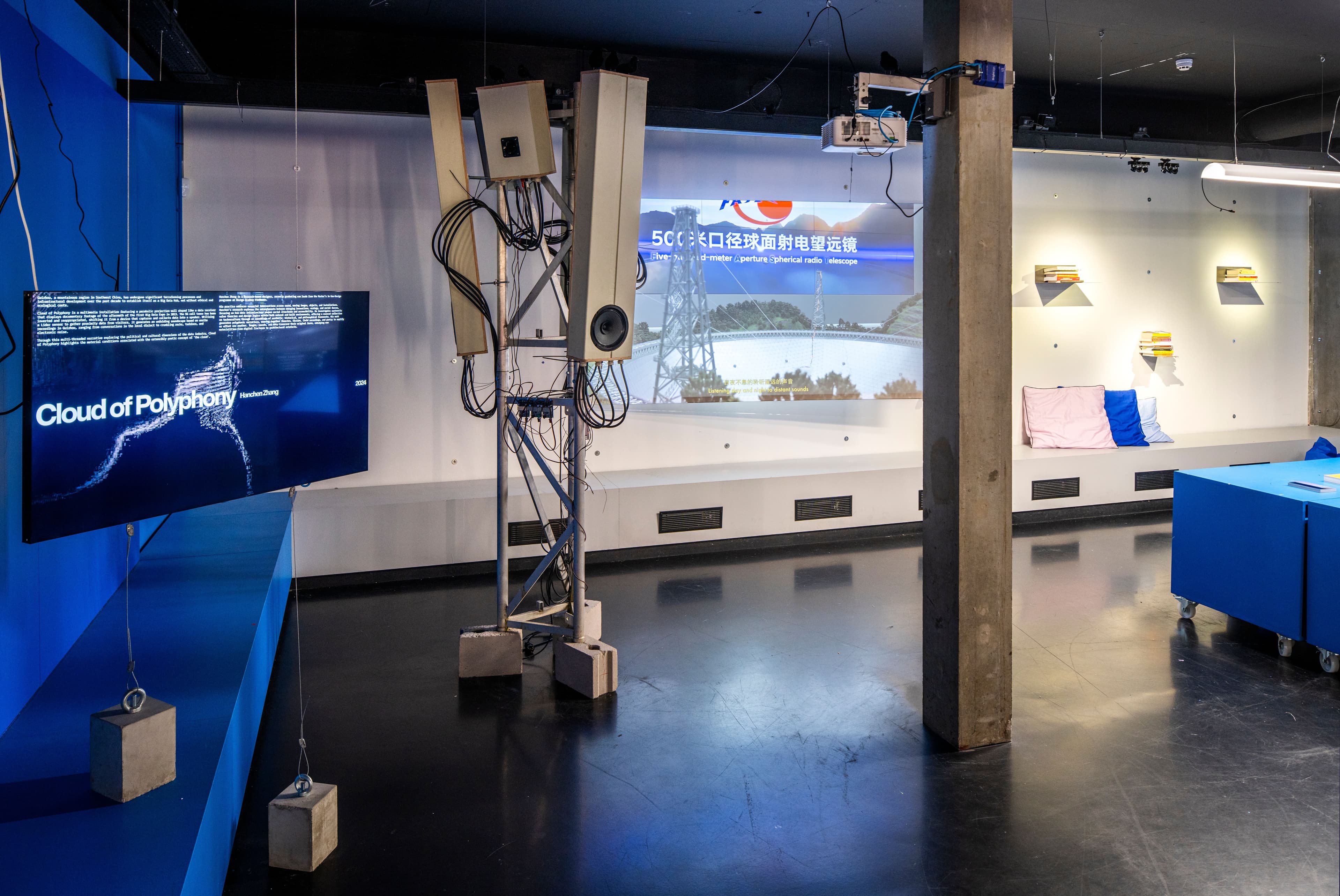-1 Digital Lab
Part laboratory, part exhibition space, -1 Digital Lab responds to the urgent need to address critical issues in digital culture, from the rapid advancement of AI and the reemergence of do-it-yourself technology to the inclusion of more diverse and alternative voices in computing.
Currently on show
As such, -1 Digital Lab is a testing ground for intermingling digital culture and its practitioners, participants and audiences. It does so through activities ranging from artist and researcher residencies to modelling workshops and collective thinking sessions, while presenting works-in-process, immersive research documentation, and prototyping projects—alongside the hardware, software and motivations that bring them to life.
You can follow -1 on Instagram.


